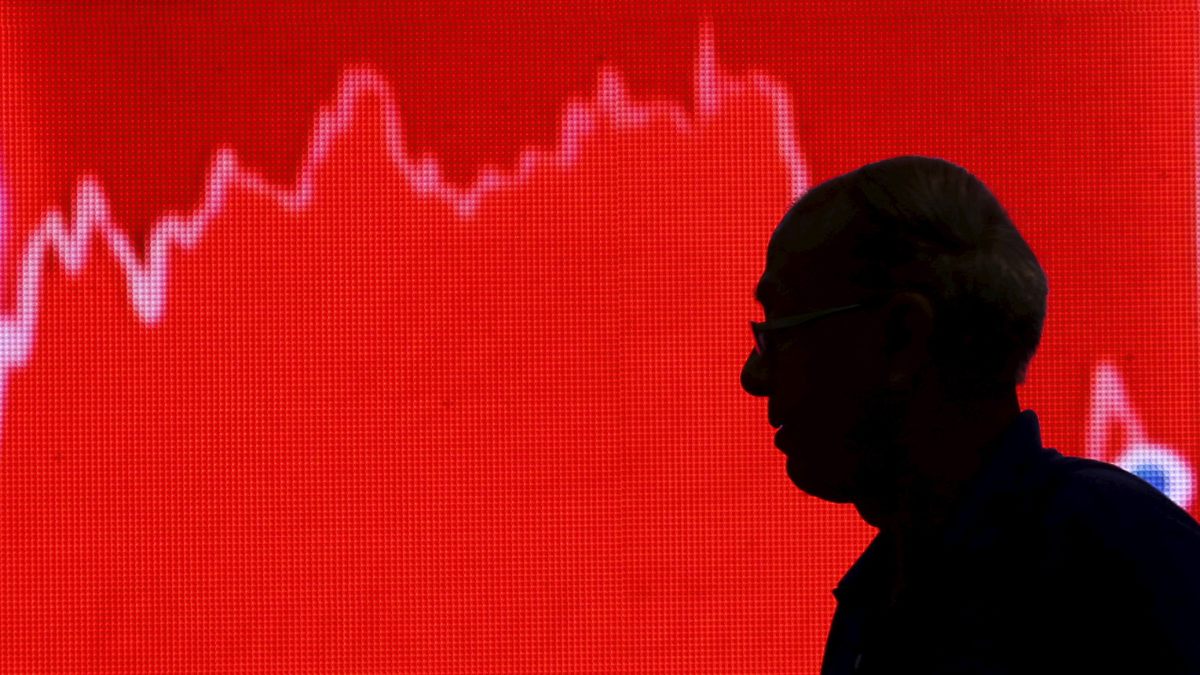Foreign institutional investors (FIIs) continued their ongoing momentum of withdrawal from the Indian market, offloading equities worth a net Rs 1,326.74 crore on September 22, 2023, according to the provisional data available on the NSE. So far, FIIs have offloaded shares worth a net Rs 18,261.39 crore, while DIIs have purchased shares worth a net Rs 12,169.37 crore for the month till September 22, 2023.
“Since valuations remain high even after the recent pull back and US bond yields are attractive ( the US 10-year bond yield is around 4.49 percent) FIIs are likely to press sales so long as this trend persists. It would be irrational to expect the FIIs to buy aggressively when the US 10-year bond yield is around 4.49 percent and the dollar index is above 105. Even after the recent correction, Nifty is trading around 20 times FY 24 earnings, making India the most expensive market in the world. No doubt, India has the best growth and earnings prospects among the large economies of the world,” said V K Vijayakumar, Chief Investment Strategist at Geojit Financial Services.
“If the markets correct further, by say 3 to 4 percent, FIIs can turn buyers even if US bond yields remain high. FII selling can be an opportunity for domestic investors who don’t have to worry about the dollar index and US bond yields. When high-quality stocks in performing sectors like banking and capital goods decline, these can be bought for handsome long-term gains. In September, so far, even while selling in the market, FIIs were big buyers in financials and capital goods,” V K Vijayakumar added further.
Foreign institutional investors (FII) or Foreign portfolio investors (FPI) are those who invest in the financial assets of a country while not being part of it. On the other hand, domestic institutional investors (DII), as the name suggests, invest in the country they’re living in. Political and economic trends impact the investment decisions of both FIIs and DIIs. Additionally, both types of investors – foreign institutional investors (FIIs) and domestic institutional investors (DIIs) – can impact the economy’s net investment flows.

